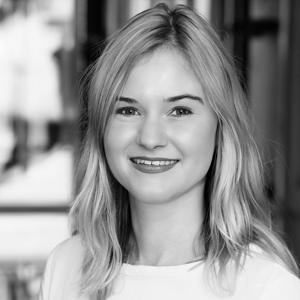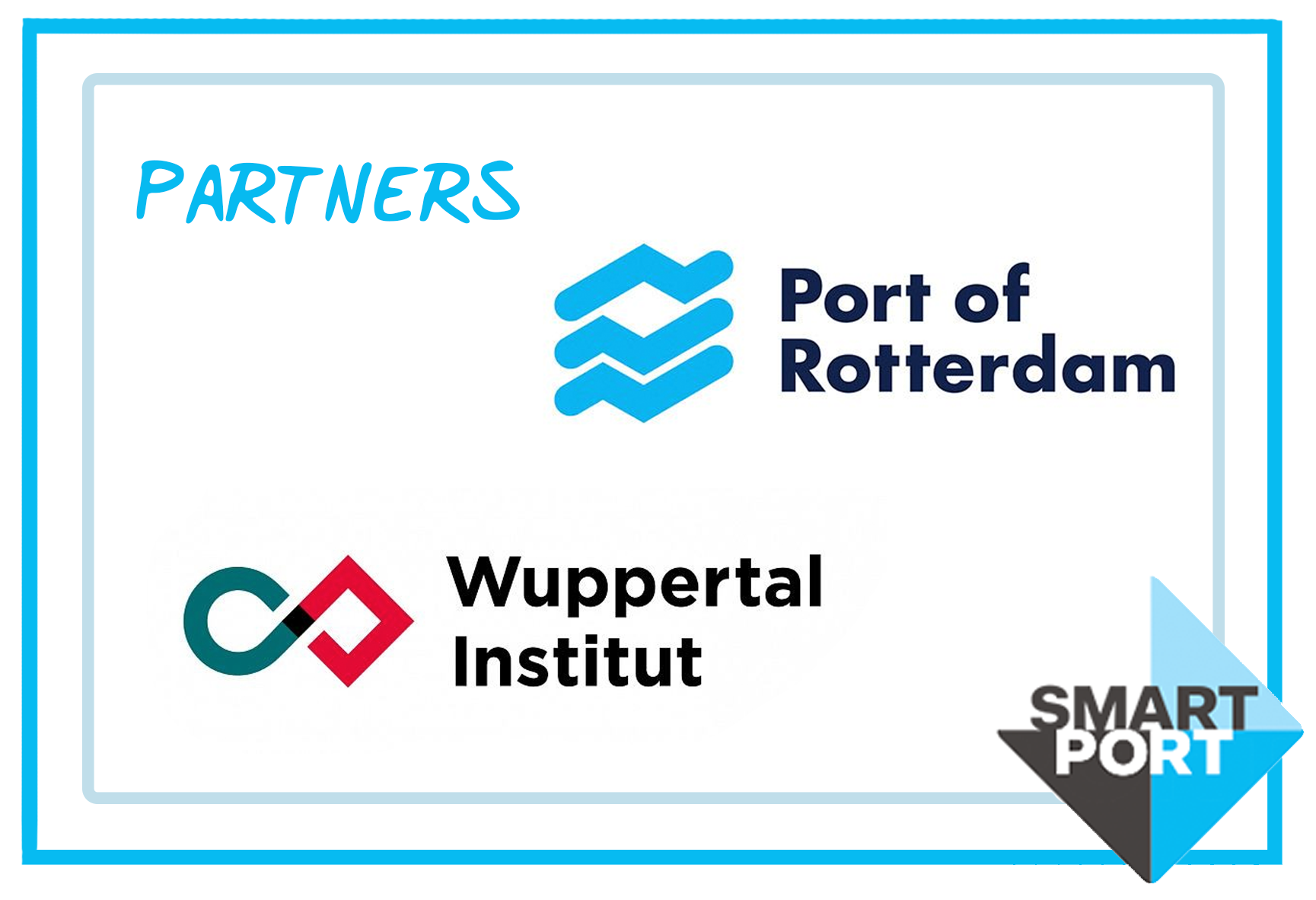Four scenarios that lead to a reduction of CO₂ emissions in the Rotterdam port area by 2050, ranging from 30% to 98%.
Research
Energy plants, chemical companies and refineries use fossil fuels in their production processes. This causes CO2 emissions. The Paris Agreement states that the rise in temperature due to human-caused CO₂ emissions should be limited to two degrees Celsius worldwide. Based on their research the Wuppertal Institute constructed four scenarios for Rotterdam’s port area business, which all aim to reduce CO₂ emissions by the year 2050.
These are the four scenarios:
- Business as usual – Business continues without major changes. By 2050, there will be a reduction in CO₂ emissions of 30% compared to 2015 due to increasing energy savings and continuous technical innovation.
- TP – Technical progress – In this scenario, technical innovations will be widely and instantly implemented as soon as they become available. This implementation of innovative, more sustainable technologies is considered to achieve a 75% reduction of CO₂ emissions by 2050 compared to 2015.
- BIO – Biomass and CCS (carbon capturing and storage) – In this scenario two main measures are taken: replacing fossil fuels in production processes with biofuels and capturing and storing CO₂ emissions. (Storage of excessive CO₂ is done in nearby submarine gas fields.) These two measures will yield a reduction of 98% of the total of CO2 emissions by 2050.
- CYC – closed carbon cycle – This scenario sees a radical shift from the use of fossil raw materials (long cyclic carbon) to the use and production of sustainable, renewable raw materials (short cyclic carbon). The CO₂ that is emitted in the chain, will be captured and will be recycled within the closed cycle of energy production and use. This scenario also results in a reduction of 98% of the CO₂ emissions by 2050 compared with 2015.
The production of green hydrogen is of great importance and electrification of business processes is crucial for the three scenarios in which drastic reduction is achieved, i.g. TP, BIO and CYC.
Opportunities
- Business opportunities: The deep-decarbonization scenarios offer new business opportunities. Business is going to innovate and stand out from the competition. Business clients and consumers demand sustainable products and the Rotterdam producers will be able to deliver these. Rotterdam will remain an attractive place for business in the future. Rotterdam is not following but leading.
Challenges
- Are the scenarios financially affordable?
- Do legislation and policies stand in the way of these developments?
- What is the right time to invest in new technologies? What uncertainties and risks do new technologies bring and are those manageable?
- Will it be possible to scale up quickly enough?
- To what extent is biofuel sustainable?
- Is Carbon Capture and Storage (CCS) safe?
- Joint collaboration of stakeholders is important in all scenarios.
Impact
- A drastic reduction of CO₂ emissions by 2050 compared to 2015, while maintaining economic activity.
- Maintained or even improved competitiveness of the port as a whole.
- Comply with the Paris Agreement.
“This research shows how the port of Rotterdam can drastically reduce CO2 emissions by making use of the strength of the cluster. With this, the port can help to counter further climate change and at the same time keep producing what society demands.”
Direct contact

More information
Contact our project developer Natalya Rijk for more information about these and other projects and how you can be part of the SmartPort Community.
Call me back
Would you rather have us calling you? Then leave your details below.







